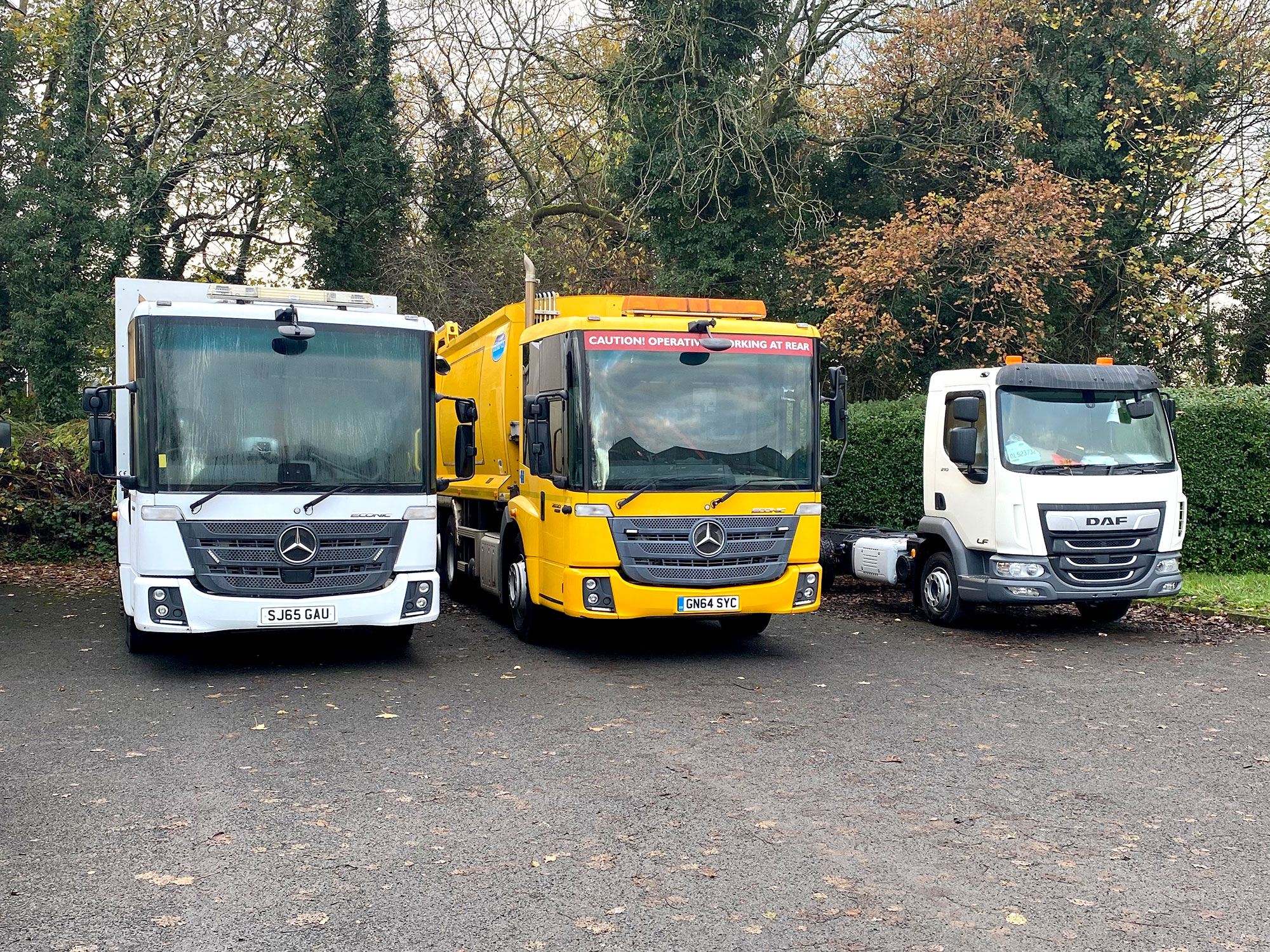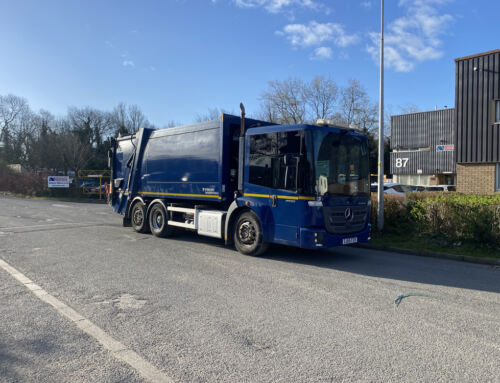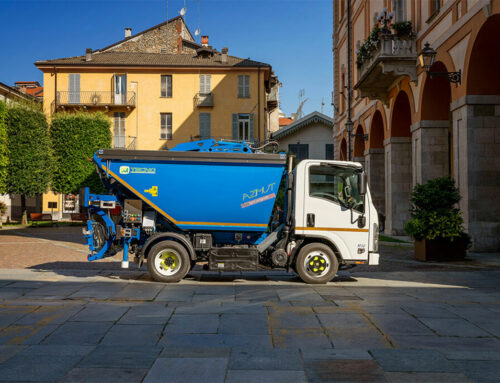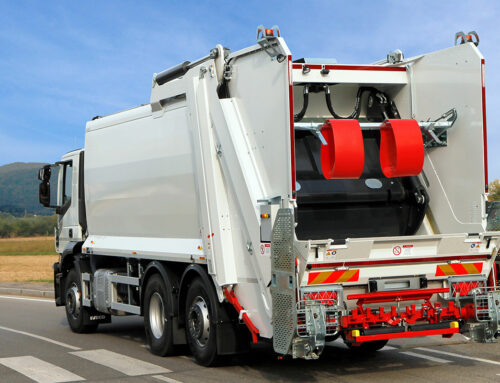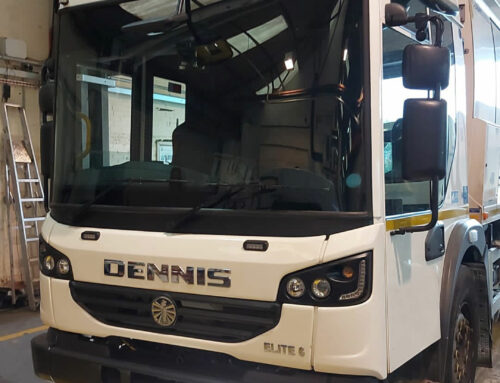Do you know your Refuse Collection Vehicles from your Refuse Trucks? Or your Bin Lorries from your Waste Collection Vehicle? Well, we’ll let you into a little secret… They are all the same thing. We take a brief look at Refuse Collection Vehicles (RCV’s), what they are, and the various names we use for them.
So what is an RCV?
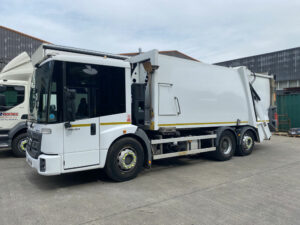
To many people, an RCV may be interpreted as a Remote Controlled Vehicle, such as a drone or an RC car. However, when we refer to an RCV we are specifically talking about Refuse Collection Vehicles.
These vehicles are designed to collect and transport waste from residential, commercial, or industrial areas to disposal sites like landfills and recycling centres.
However, there are multiple terms used to describe a Refuse Collection Vehicle. It’s important to be aware of these variations when searching online to hire or buy an RCV.
Here are the main terms you need to know:
- Refuse Truck
- Waste Collection Vehicle
- Bin Lorry
- Rubbish Truck
- Garbage/Trash Truck (if you are based in North America)
Are they similar to Municipal Vehicles?
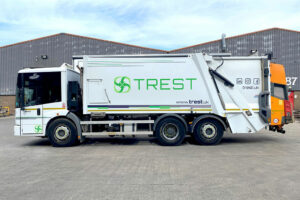 A municipal vehicle is a broad term that refers to any vehicle owned and operated by a local government or council for purposes related to public service within a city or town.
A municipal vehicle is a broad term that refers to any vehicle owned and operated by a local government or council for purposes related to public service within a city or town.
These vehicles include; cars, trucks, vans, buses, and specialised equipment used for tasks such as transportation, law enforcement, street cleaning, snow removal, landscaping, and waste management.
On the other hand, a Refuse Collection Vehicle is a specific type of municipal vehicle designed specifically for the collection and transportation of waste.
Why are Refuse Collection Vehicles Important?
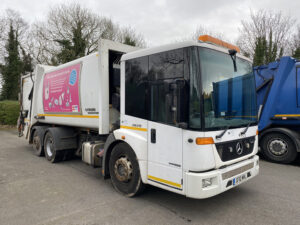 Refuse Collection Vehicles play a major role in maintaining clean communities by collecting and transporting high volumes of waste from residential, commercial, or industrial areas to landfills and recycling centres.
Refuse Collection Vehicles play a major role in maintaining clean communities by collecting and transporting high volumes of waste from residential, commercial, or industrial areas to landfills and recycling centres.
By facilitating proper waste disposal and processing, refuse trucks play a crucial role in separating recyclable materials, promoting recycling, and conserving resources.
Additionally, they aid in preventing pollution and environmental degradation by ensuring safe and responsible waste disposal practices.
Due to the huge impact refuse trucks have on the environment, there is currently a huge push for eco-friendly vehicles with plans for all refuse collection vehicles (and HGV’s) to be electric by 2030.
The movement is happening fast as discussed by Lunaz CEO, David Lorenz, in SMMT’s latest blog five minutes with… David Lorenz.
Without refuse trucks, we would face the following problems:
- Waste accumulation would create unsanitary conditions, attract pests, and pose health hazards.
- Increased littering and illegal dumping would lead to environmental pollution, harming wildlife and ecosystems.
- Public health risks would escalate due to the spread of diseases and contamination of food and water sources.
- Aesthetic degradation would diminish the quality of life and deter visitors, impacting tourism and economic activity.
- Social disruption could arise from disputes over waste disposal methods, straining relationships within communities and with local authorities.
Of course, we would never be without refuse collection vehicles. But it is important to appreciate the incredible work they do.
In September 2023 for example, Milton Keynes council ordered 65 new refuse collection vehicles as part of its roll-out of a new waste and recycling contract.
Refuse trucks are not one-size-fits-all. There are various types and it’s important to know which refuse trucks can complete which tasks. After all, they are a significant investment, so you wouldn’t want to get the wrong one for the job.
What are the different types of Refuse Collection Vehicles?
When choosing your refuse collection vehicle, it’s important to be aware of the different types available so that you can purchase or hire the one best suited to your waste management needs.
Some common types of RCVs include:
🚛 Rear Loader – A commonly used refuse truck equipped with a rear hydraulic compactor, often utilised for residential waste collection. Waste is manually loaded or lifted with a mechanism and compacted for efficient transportation.
🚛 Front End Loader FEL – A refuse truck featuring a front hydraulic lifting mechanism for emptying large bins or dumpsters, commonly employed for commercial waste collection at sites with high waste volumes.
🚛 Side Loader – A refuse truck with a side-mounted loading mechanism for bin or container emptying, ideal for urban areas with narrow streets or alleys.
🚛 Automated Side Loader (ASL) – Similar to side loaders but equipped with automated lifting arms, reducing manual handling and enhancing efficiency in waste collection.
🚛 Roll On-Roll Off Truck RoRo – A specialised refuse truck equipped with a hookloader and hydraulic system for transporting large roll-off containers, typically used in construction, demolition, and industrial waste collection.
🚛 Compact Refuse Truck – Smaller and more manoeuvrable than standard RCVs, suitable for waste collection in narrow spaces or areas with limited access.
🚛 Split Body Refuse Trucks – Refuse trucks with separate compartments for different types of waste, enabling efficient sorting and recycling of materials. These are usual split as 70:30 or 50:50 and some have a pod at the front for food or glass.
Grow your Fleet Today
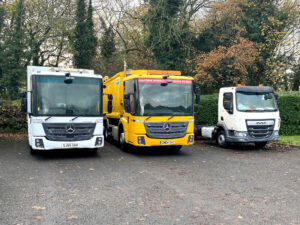
Understanding the distinctions between various terms such as bin lorries, refuse trucks, and RCVs is essential in navigating the world of waste management vehicles.
While these terms may seem interchangeable, they all refer to the same essential equipment: vehicles designed to collect and transport waste.
Recognising their importance in maintaining clean communities and the diverse types available can aid in selecting the most suitable refuse collection vehicle for specific waste management needs.
Take a look at the Refuse trucks we have available for hire, or for sale. If you like more information on how we can help your waste management needs, contact us today.
